
The Economic Survey 2016/17 was striking not only for its literary references, but also for its circumspect nature. One of major the drivers of this circumspection (which is not a trait one associates with the Narendra Modi government) was the yet-to-be-ascertained impact of demonetisation.
The Economic Survey was cautious in saying that it would take long for us to accurately calculate the gains and losses from demonetisation, but ventured to claim that it would result in at most, a 0.5 percentage point fall in the GDP growth rate.
Of all the benefits of demonetisation that the government has been at great pains to sell, the simplest one is a spike in direct tax collections in the form of both taxes and penalties (on black money declared).
The second, is an assurance that banks that are now flush with deposits will significantly lower lending rates to spur consumption. Both these did find mention in Finance Minister Arun Jaitley's Budget speech, along with a host of benefits that have repeatedly been promised to us - a war on black money, corruption, counterfeit currency and terror funding.
But the government failed to make good these promises in its own Budget, and at the moment, we are forced to conclude that the promised gains from demonetisation have just not materialised. Total Tax Revenue of the government in 2016-17 increased by 17% over the previous year.
Next year, the government anticipates a 12% increase. Similarly, income tax receipts in 2016-17 went up by 23% over the previous year, and is budgeted to increase by a further 25% next year.
Chief Economic Advisor to the Government of India, Arvind Subramanian in an interview earlier this week, named service tax receipts as one of the four measures of the impact of demonetisation. He also admitted that because of the impending Goods and Services Tax regime, it would be hard to isolate the impact of demonetisation.
Here too, the numbers suggest that the Finance Minister is not expecting a great deal of change. Service tax receipts, after having increased by 17% this year, are expected to go up by only 11% next year.
In none of these collections, or projections, can one see a tangible increase in tax receipts as a result of demonetisation.
An important caveat is that for the current year, the figures are based on the government's Revised Estimates, which may well change by the time the Actual figures are recorded once data from the last two months are accounted for. But the surge that one expected from demonetisation is missing - especially when you consider that the difference in Total Tax Revenue between the Revised Estimates and the Budget Estimates for 2016-17 is only 4%.
It does appear that on the revenue side, the government was lucky to receive an unexpected additional Rs. 23,167 crores of non-tax revenue in the form of dividends public sector enterprises.
It is not surprising then, that the Finance Minister has little to no room to give away post-demonetisation bonanzas.
Neither are there any significant increase in allocations to welfare schemes, nor are there any big bang announcements that would help the government actually implement some of its high-decibel rhetoric. For instance, the allocation for Smart Cities of Rs 9,000 crore is actually lower than the Revised Estimates of this year at Rs 9,559.
The record allocation of Rs. 48,000 crore for MGNREGS is impressive only until you realise that the estimated expenditure this year is Rs. 47,499 crore. To take another example, the Start-up India Aspiration Fund, after having used Rs 100 crore out of its allocation of Rs 600 crore this year has disappeared from next year's Budget.
In many ways, the Union Budget was Finance Minister Arun Jaitley's moment of truth. With a budget speech that had to shun rhetoric, Jaitley was forced to admit - in deeds, if not just through words - that several glamorous schemes announced by the government have struggled to match up to their rhetoric.
In his fourth budget therefore, Finance Minister Arun Jaitley may have presented his most honest one. As they say, numbers don't lie.


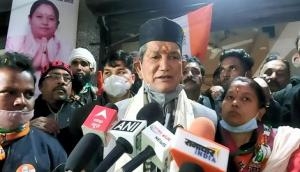
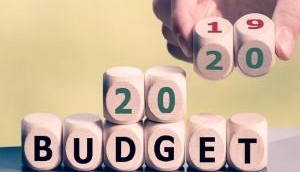
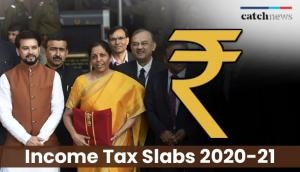
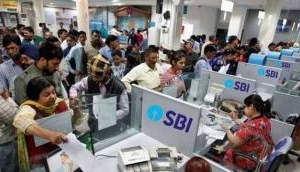
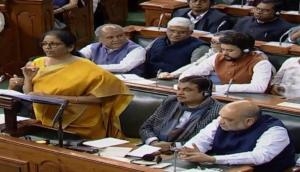
![BJP's Kapil Mishra recreates Shankar Mahadevan’s ‘Breathless’ song to highlight Delhi pollution [WATCH] BJP's Kapil Mishra recreates Shankar Mahadevan’s ‘Breathless’ song to highlight Delhi pollution [WATCH]](https://images.catchnews.com/upload/2022/11/03/kapil-mishra_240884_300x172.png)

![Anupam Kher shares pictures of his toned body on 67th birthday [MUST SEE] Anupam Kher shares pictures of his toned body on 67th birthday [MUST SEE]](https://images.catchnews.com/upload/2022/03/07/Anupam_kher_231145_300x172.jpg)






